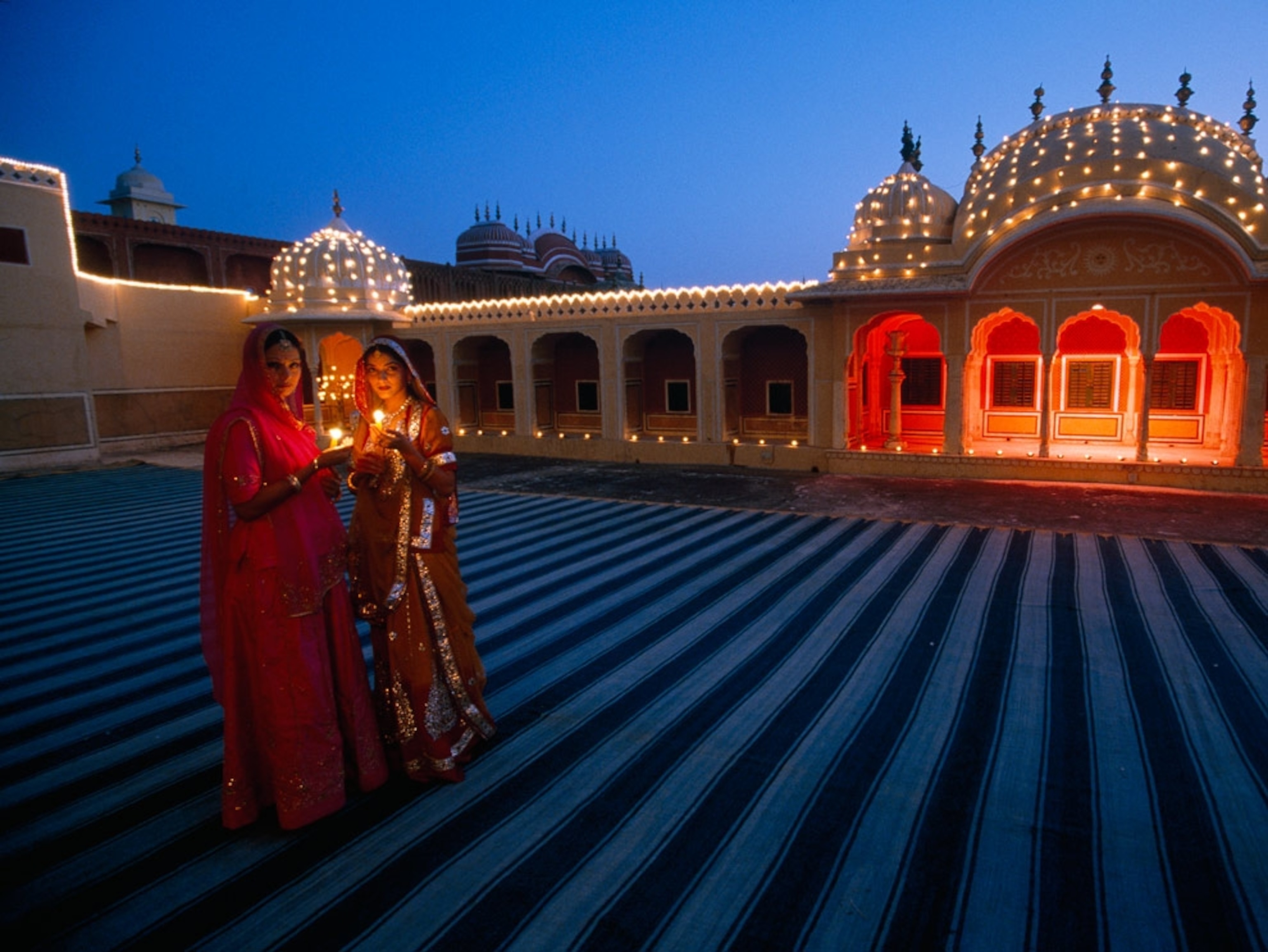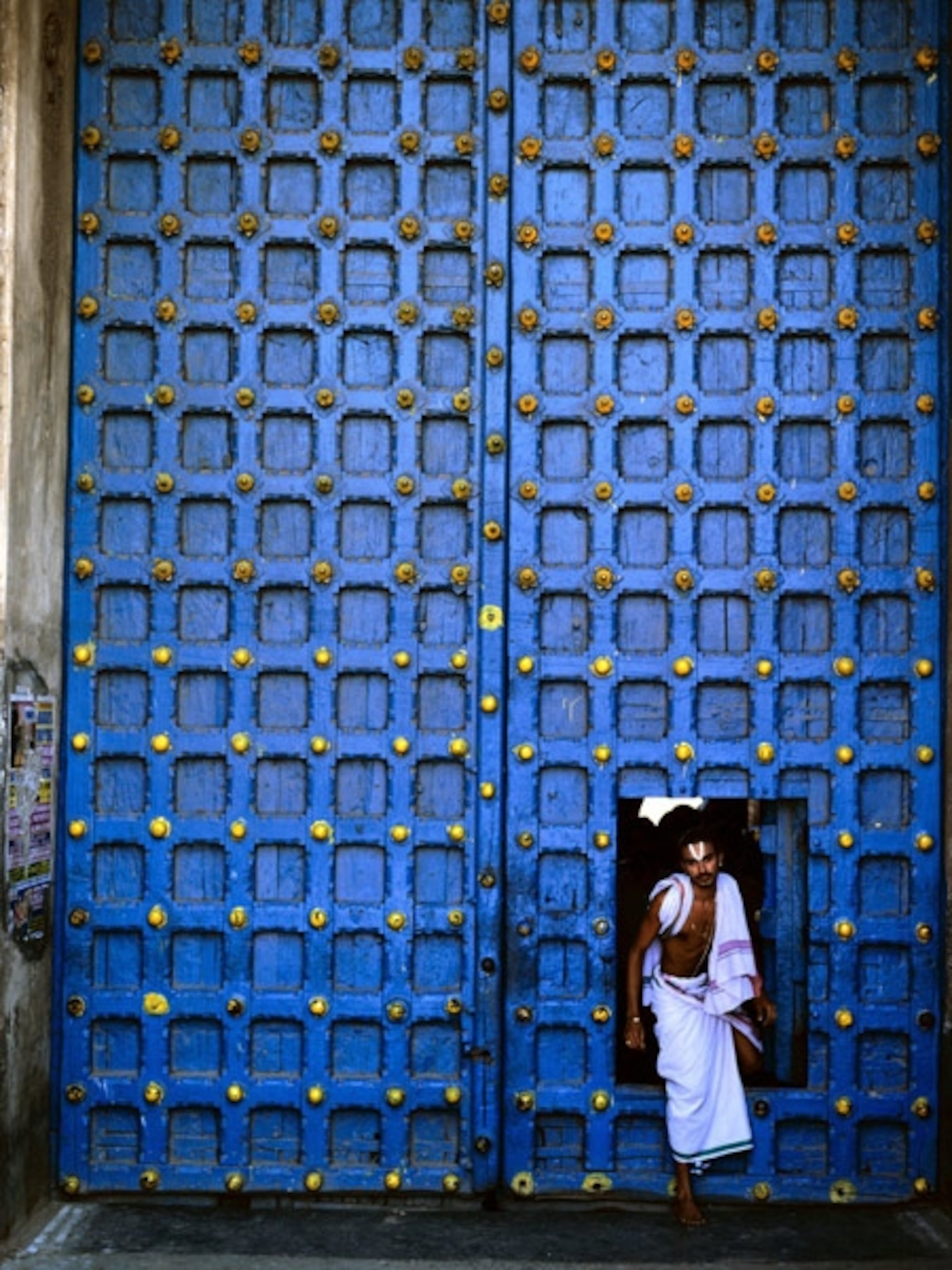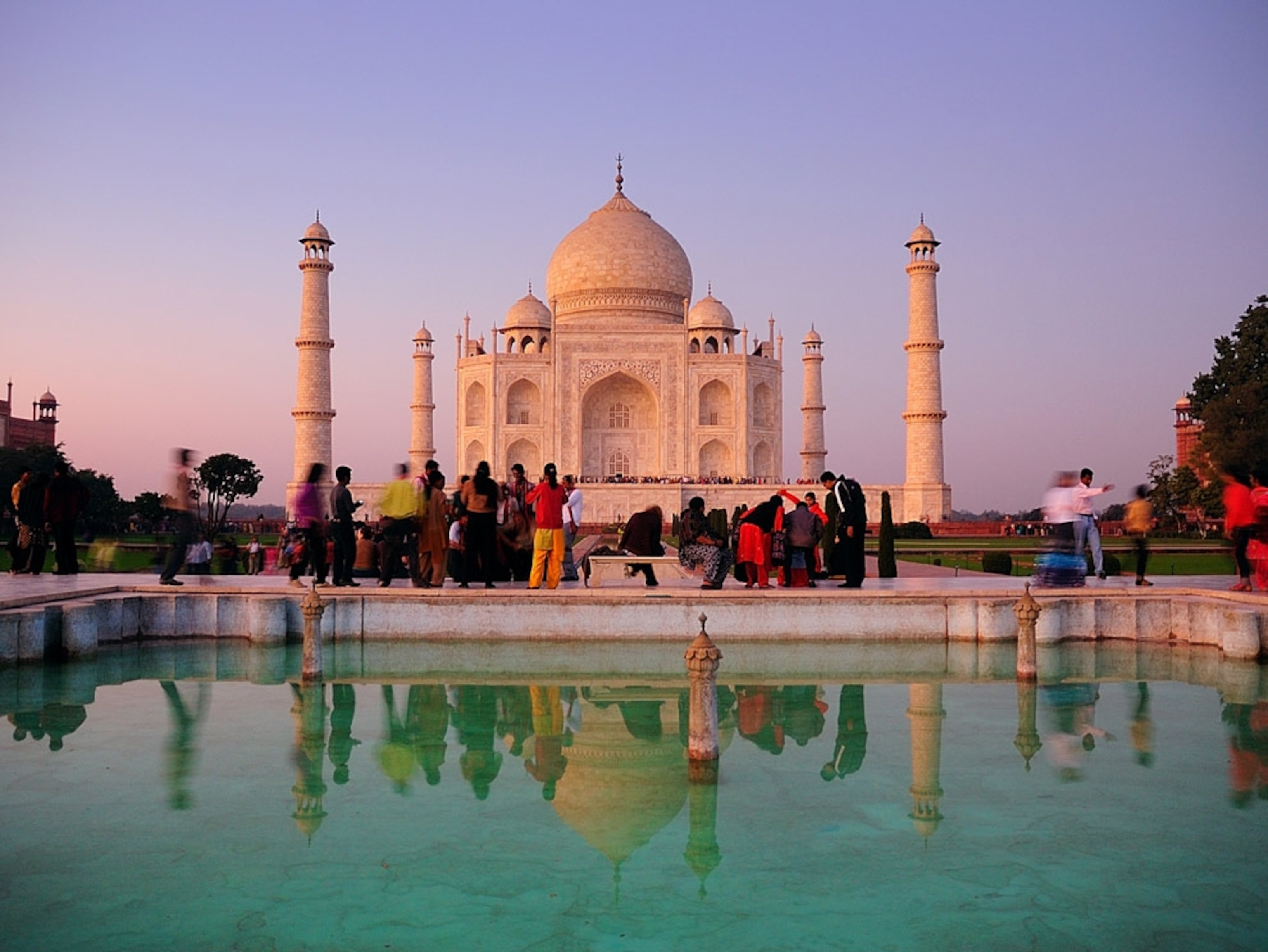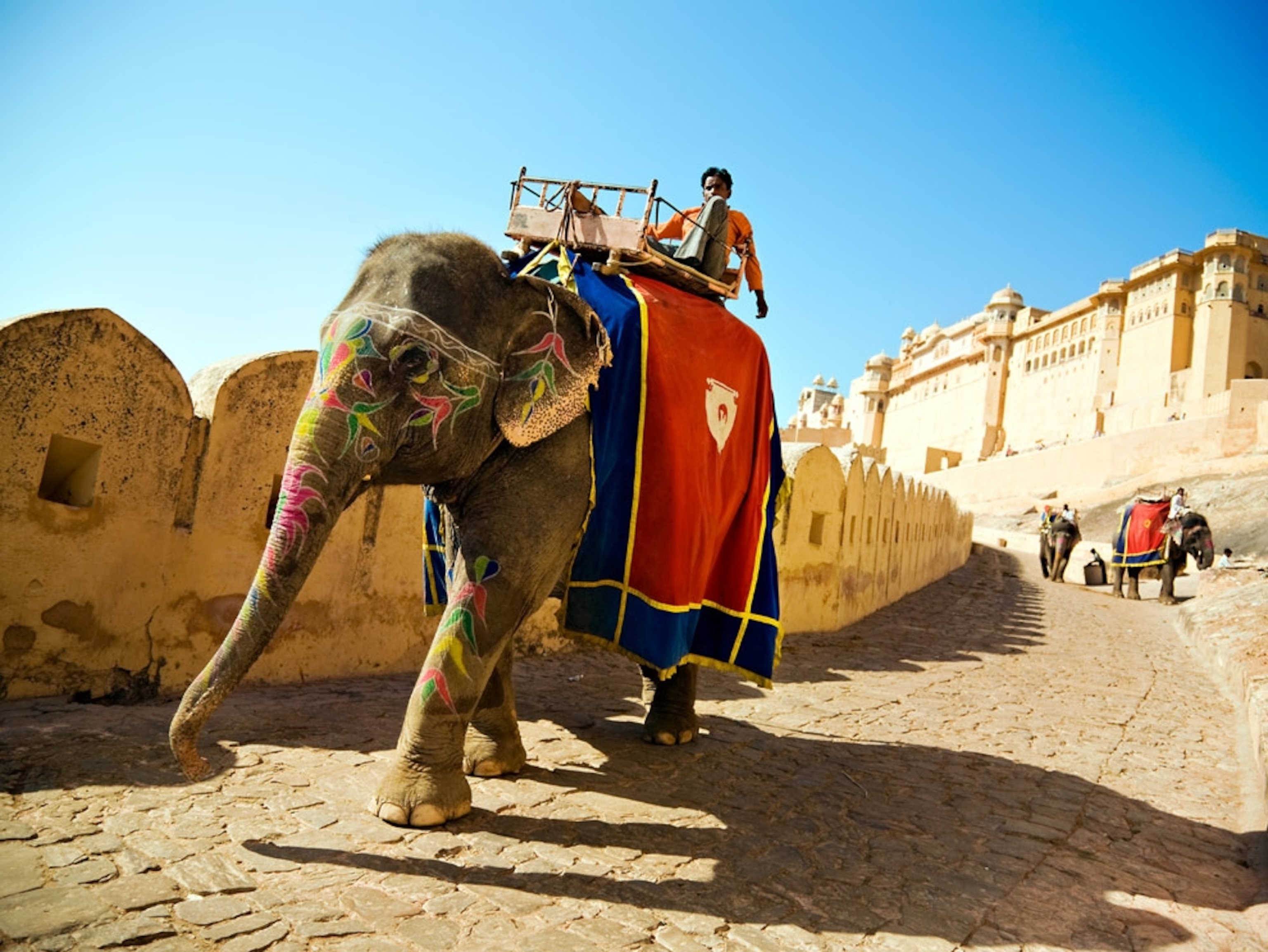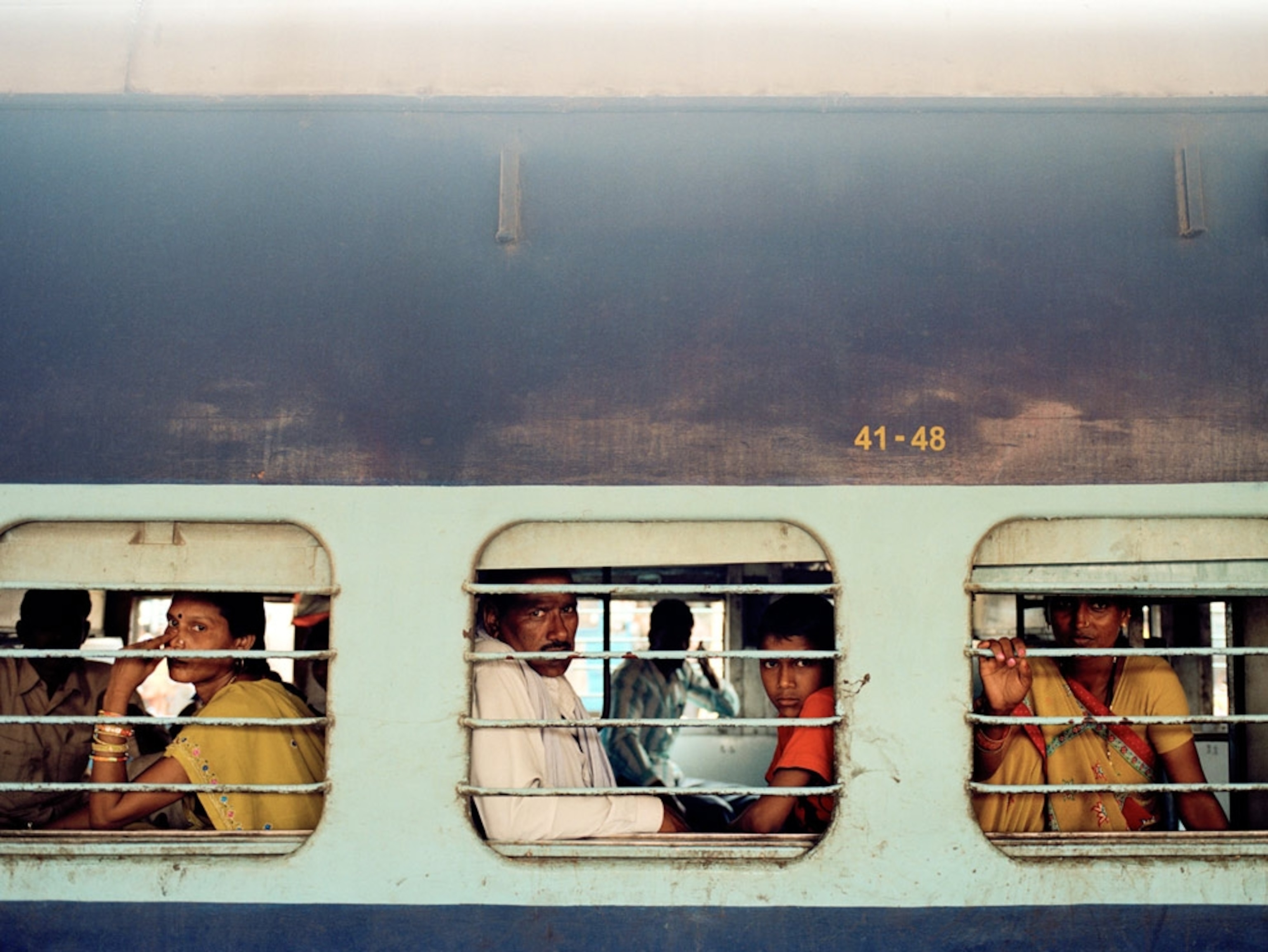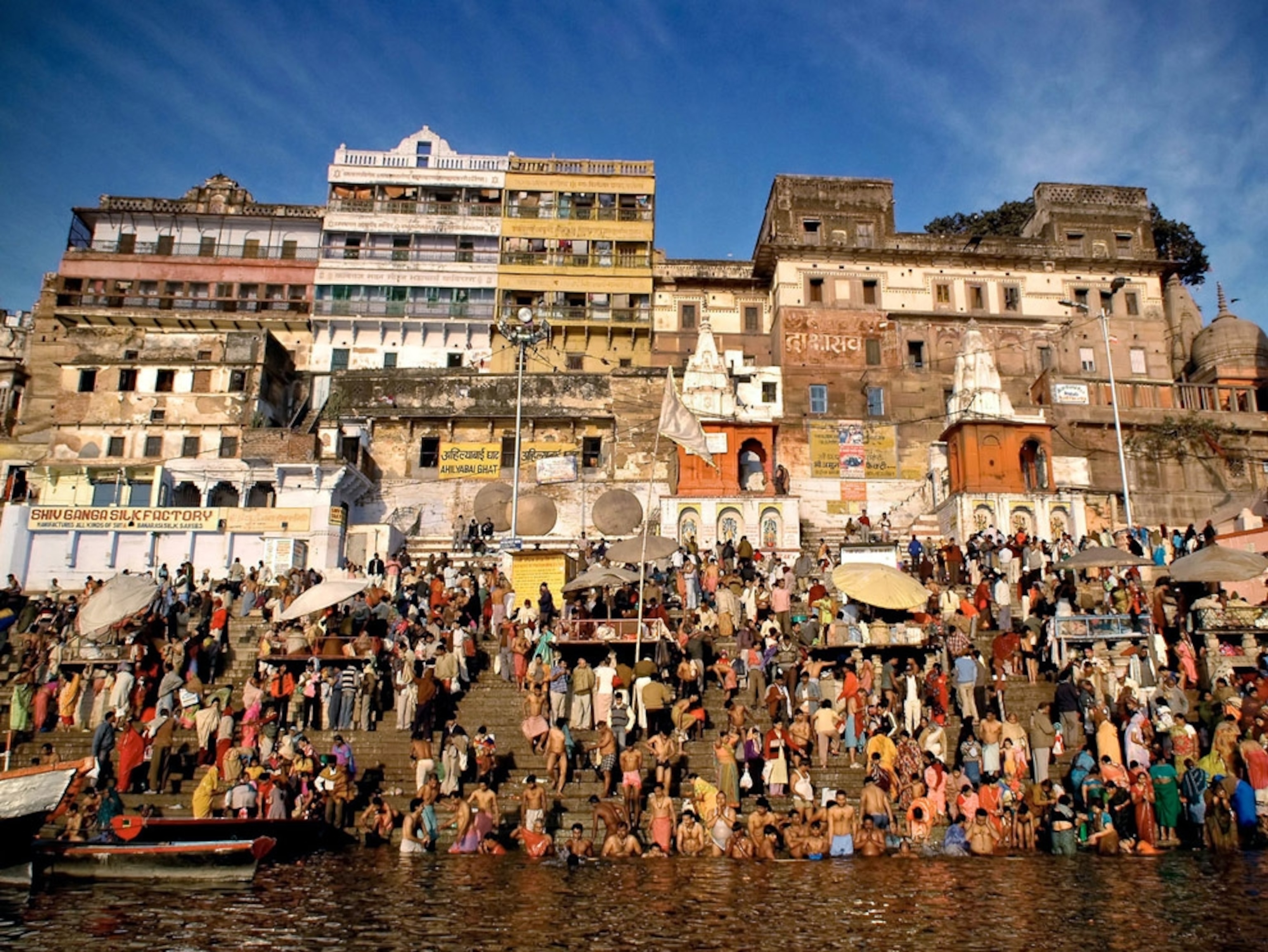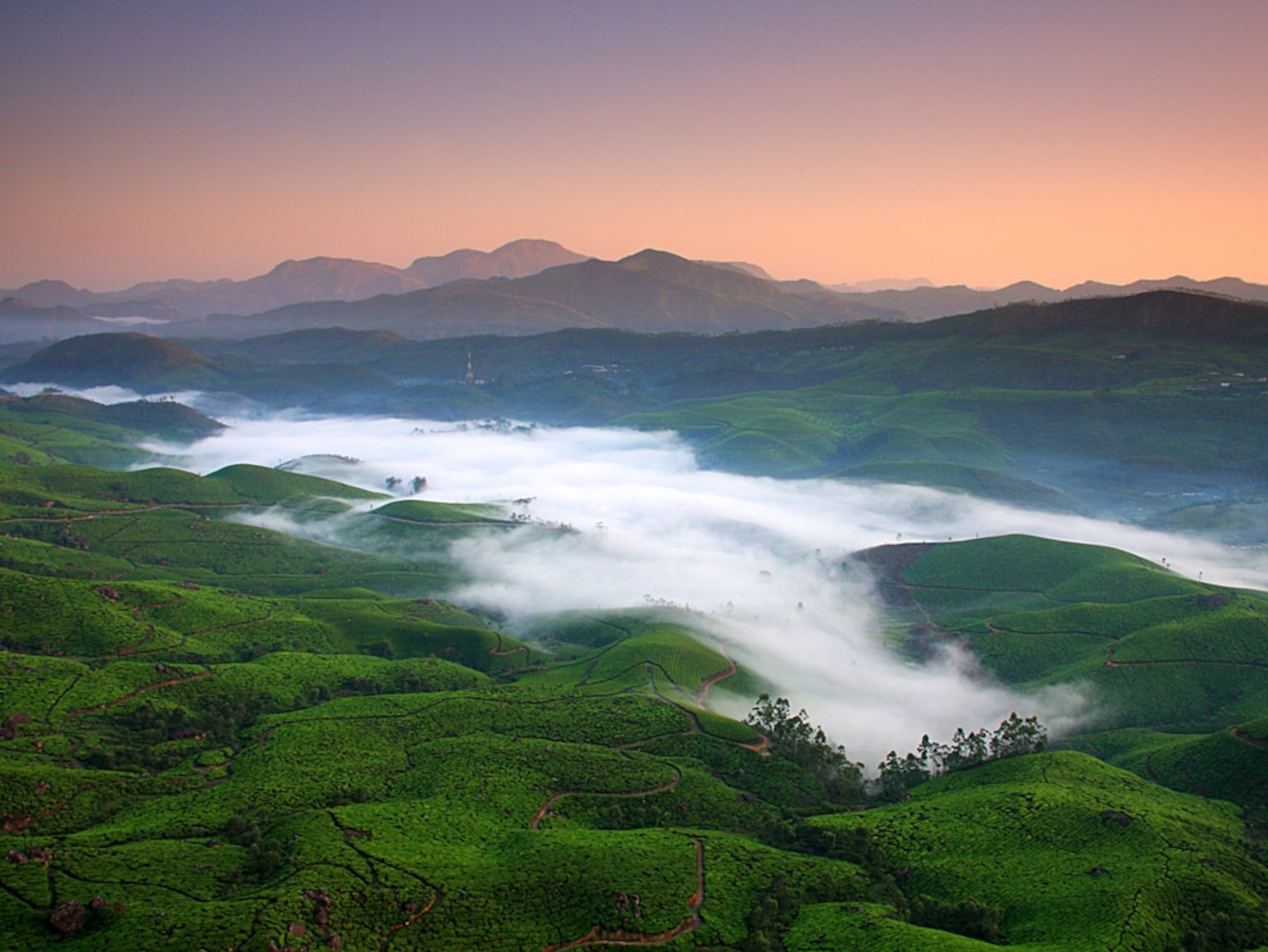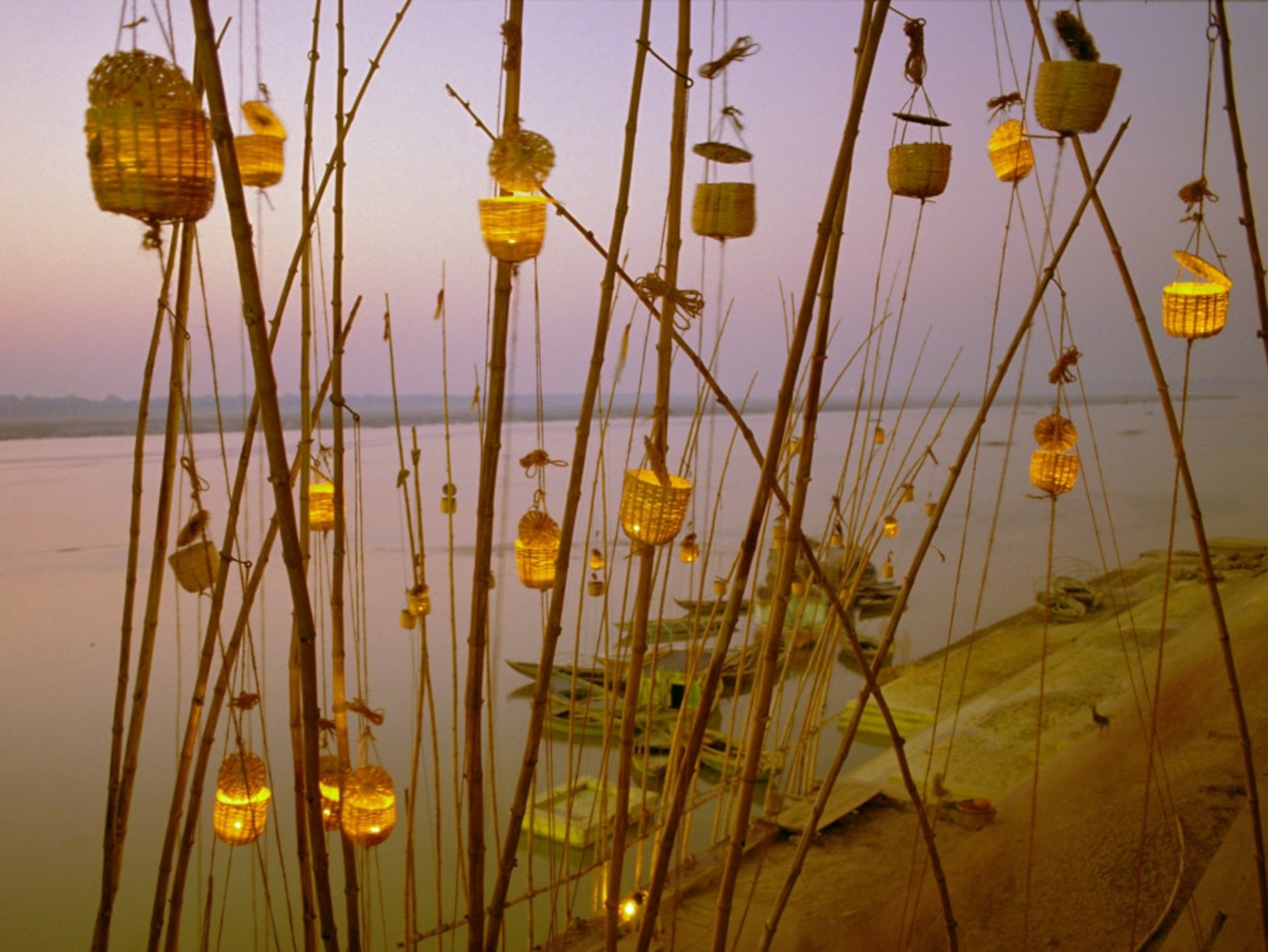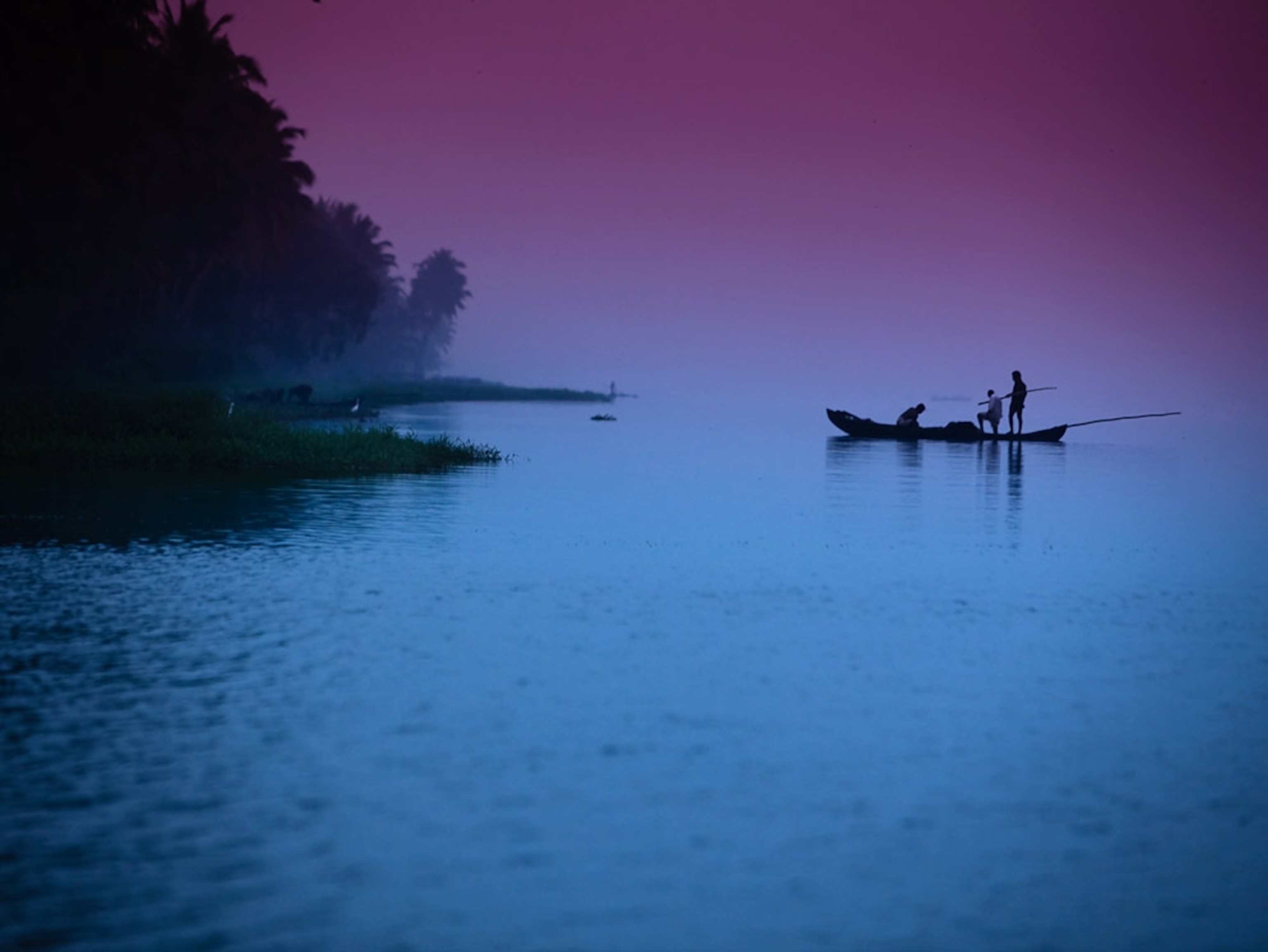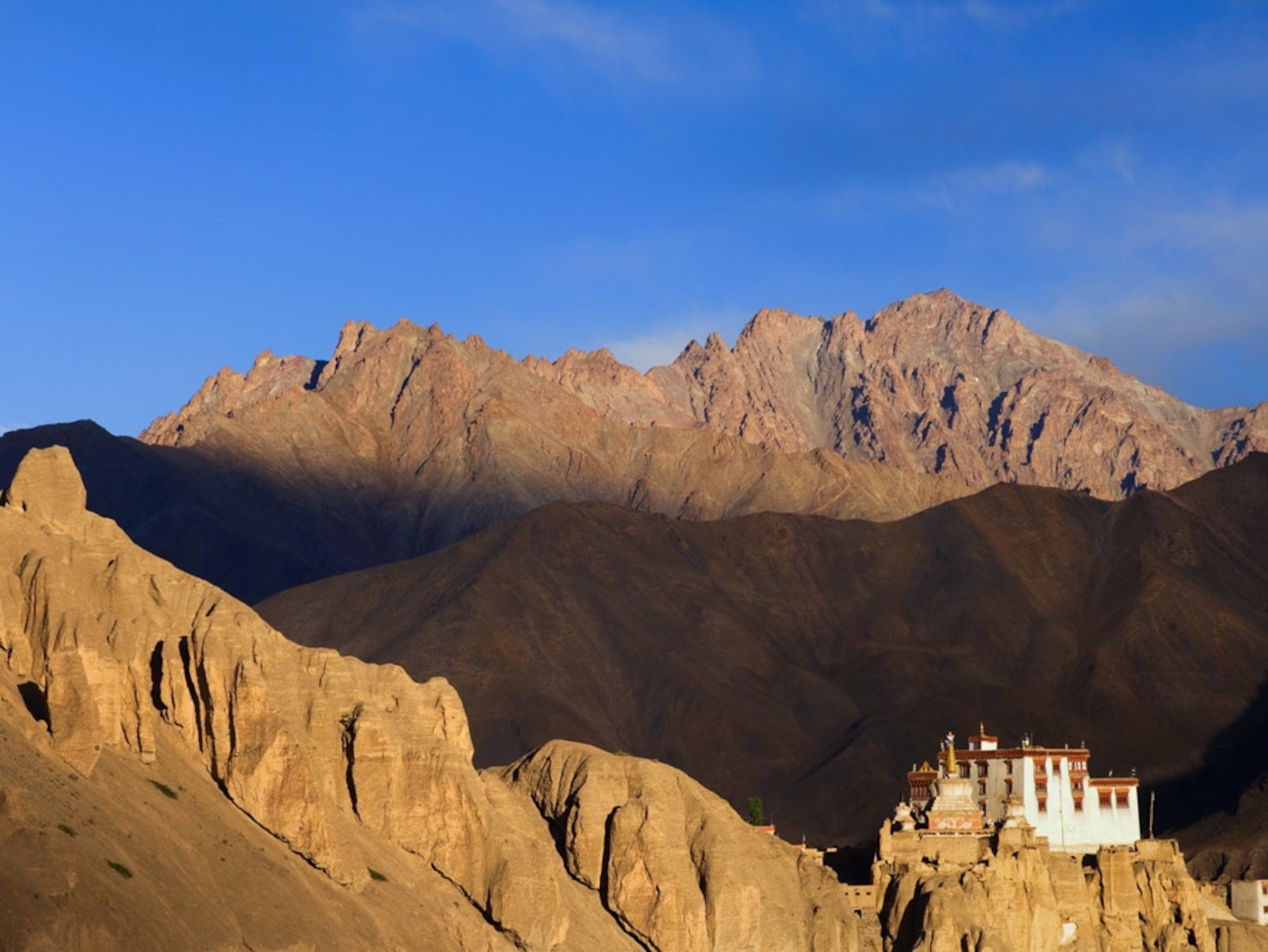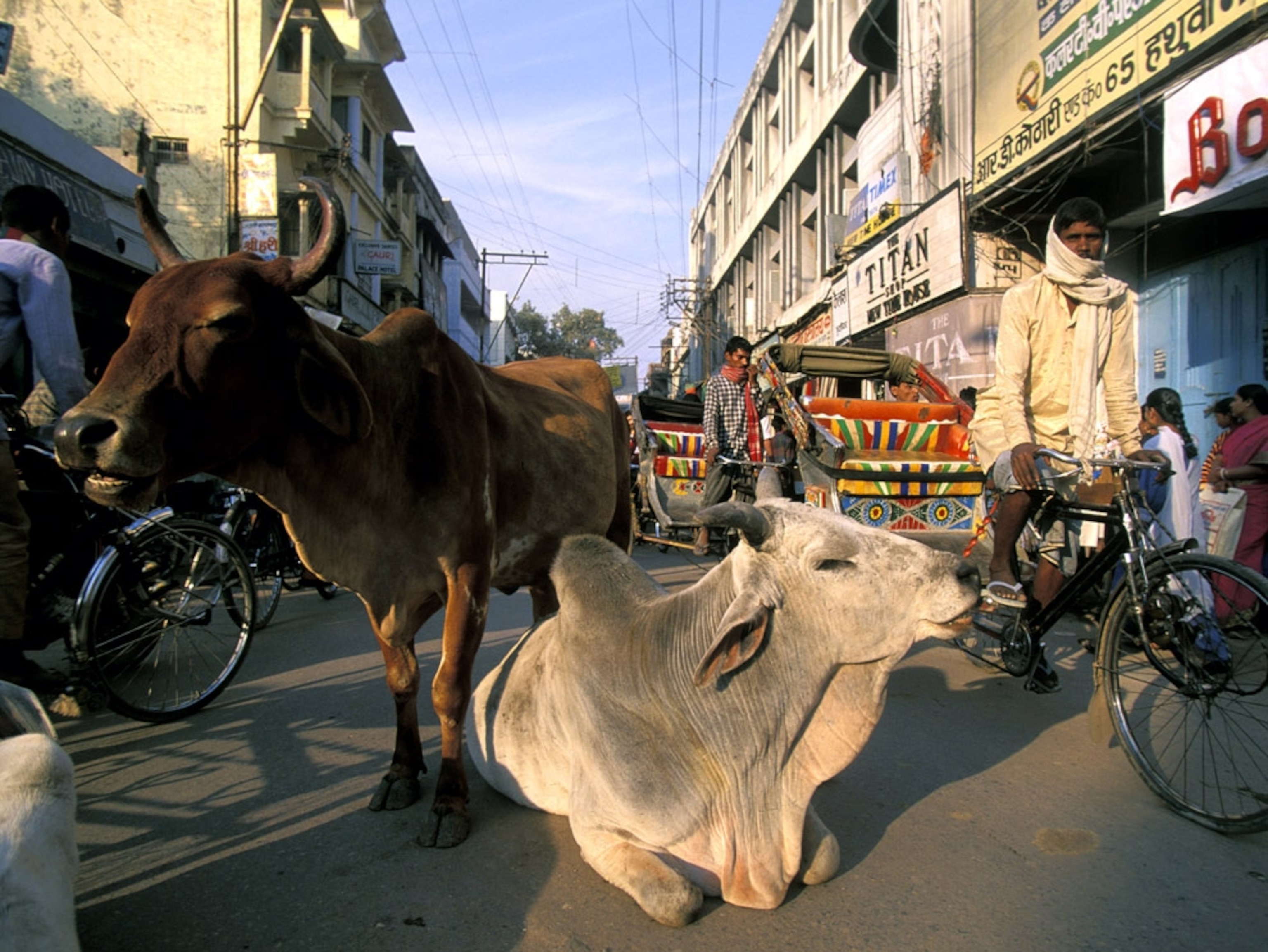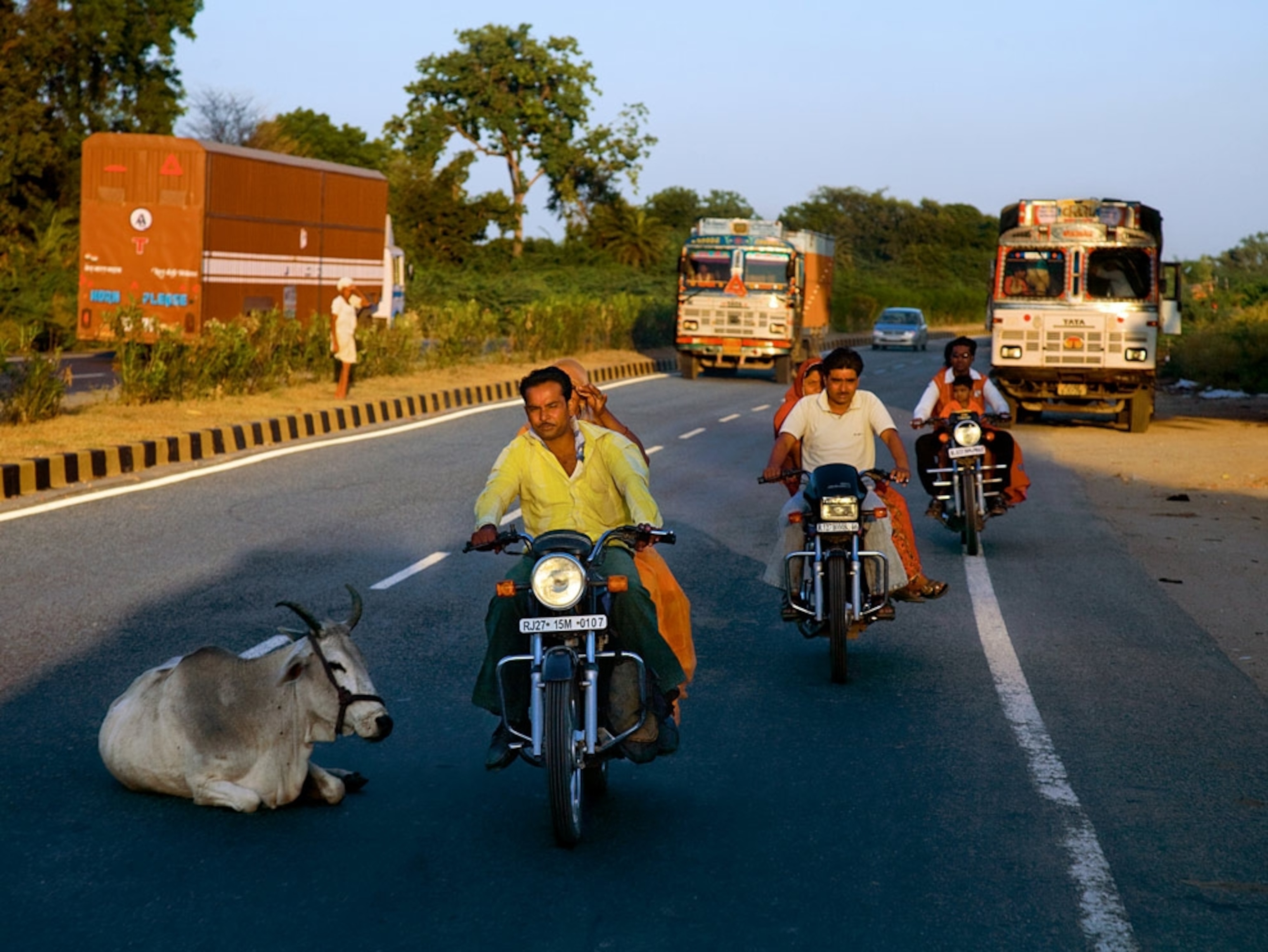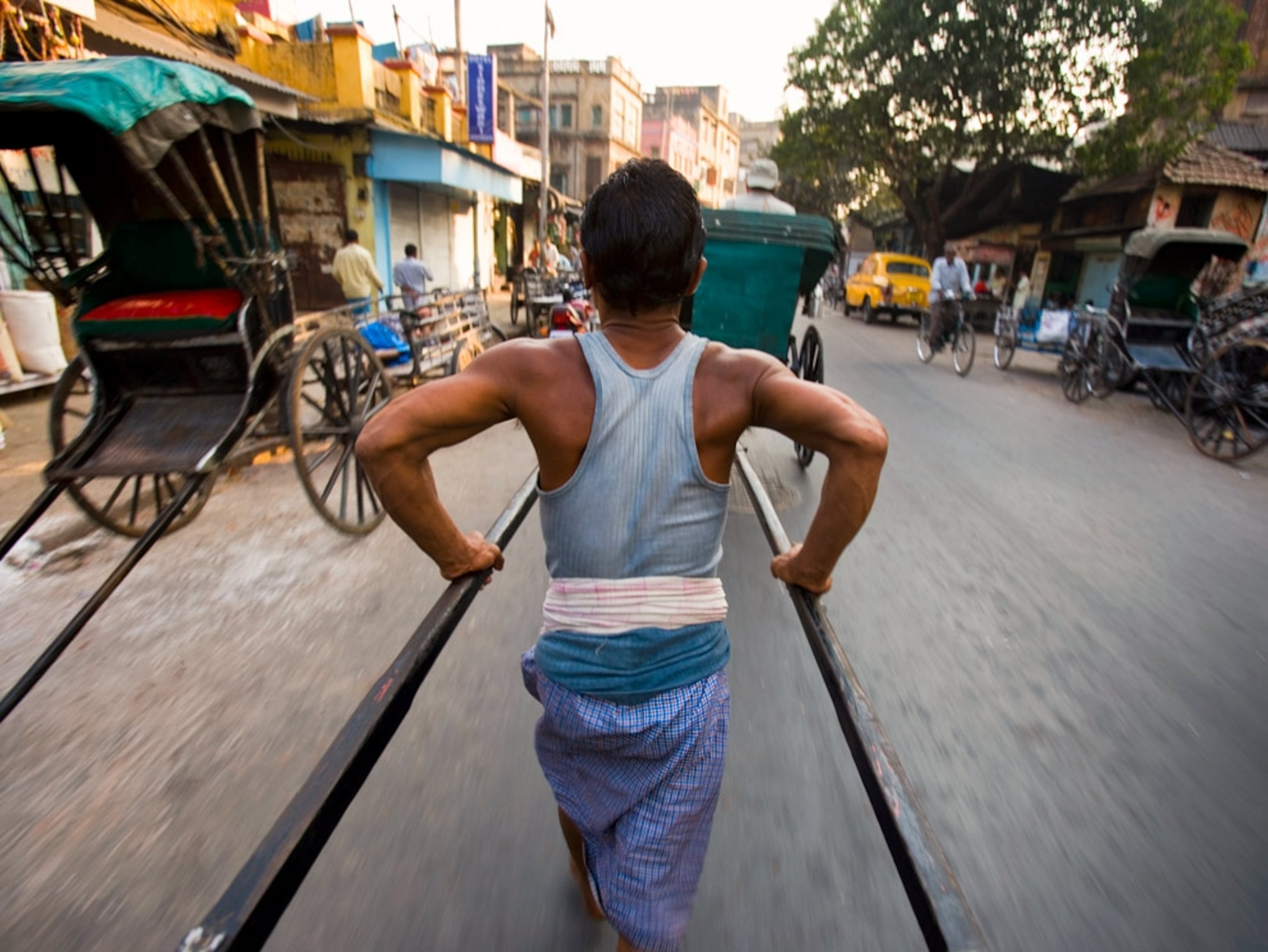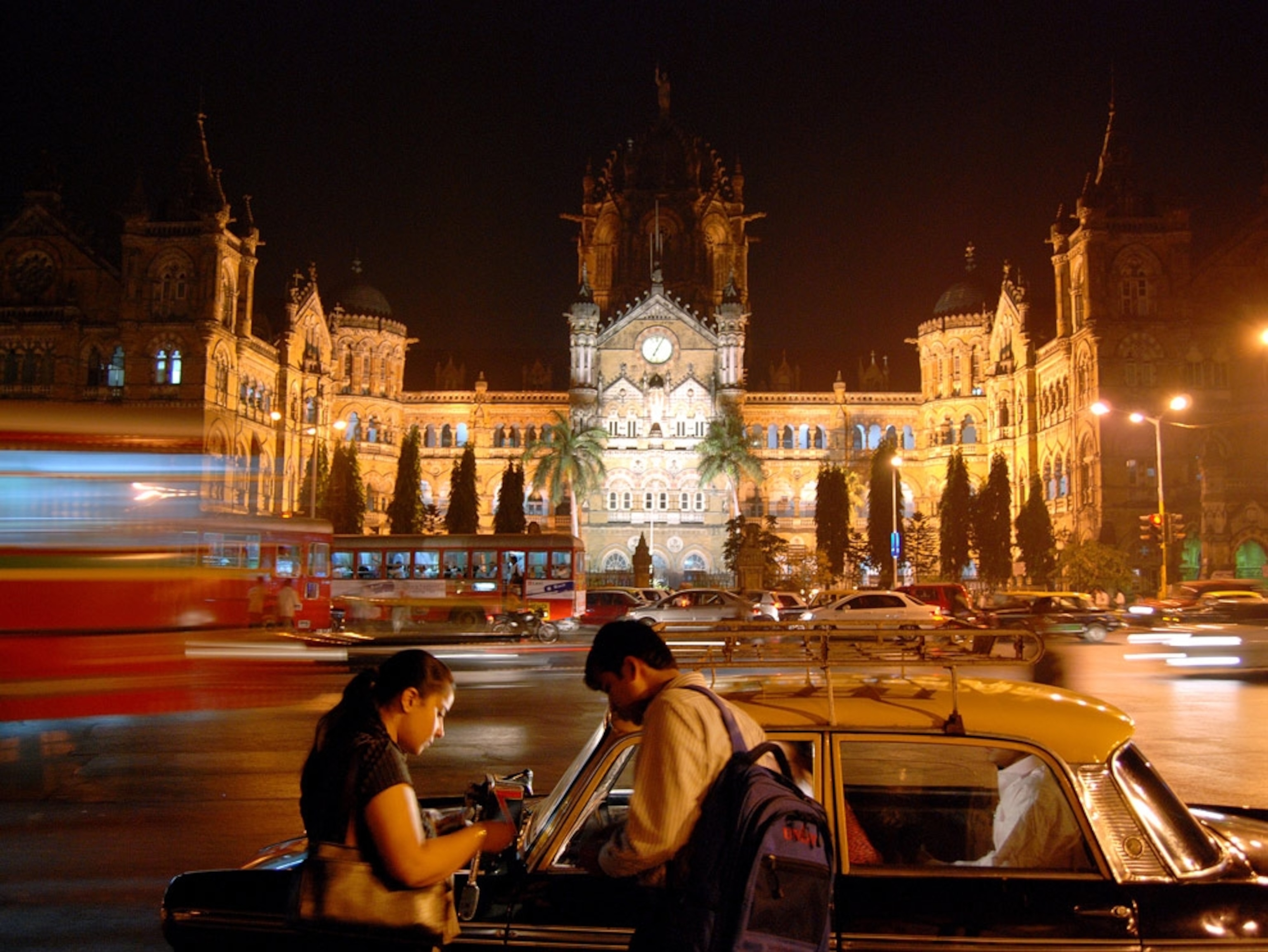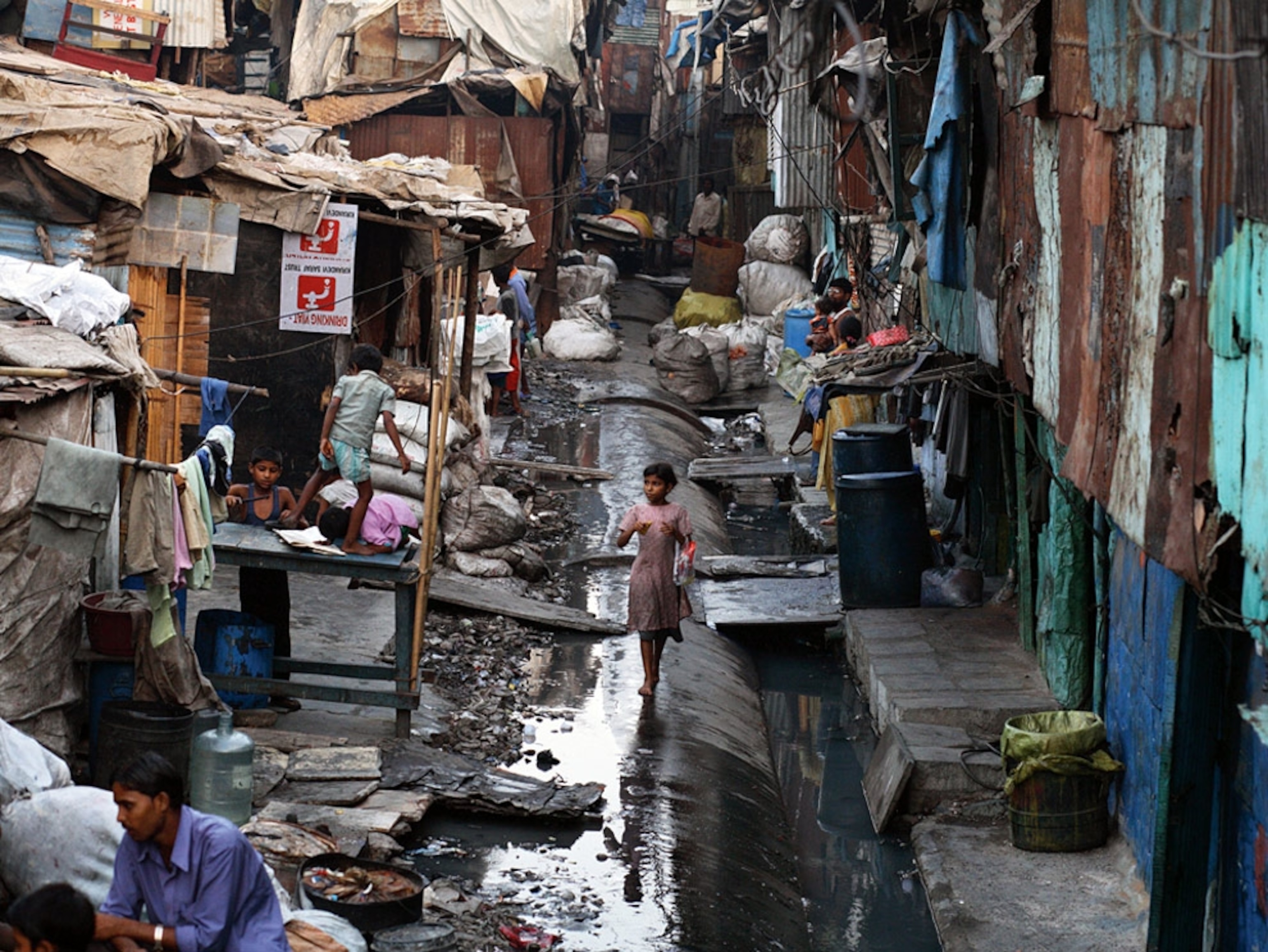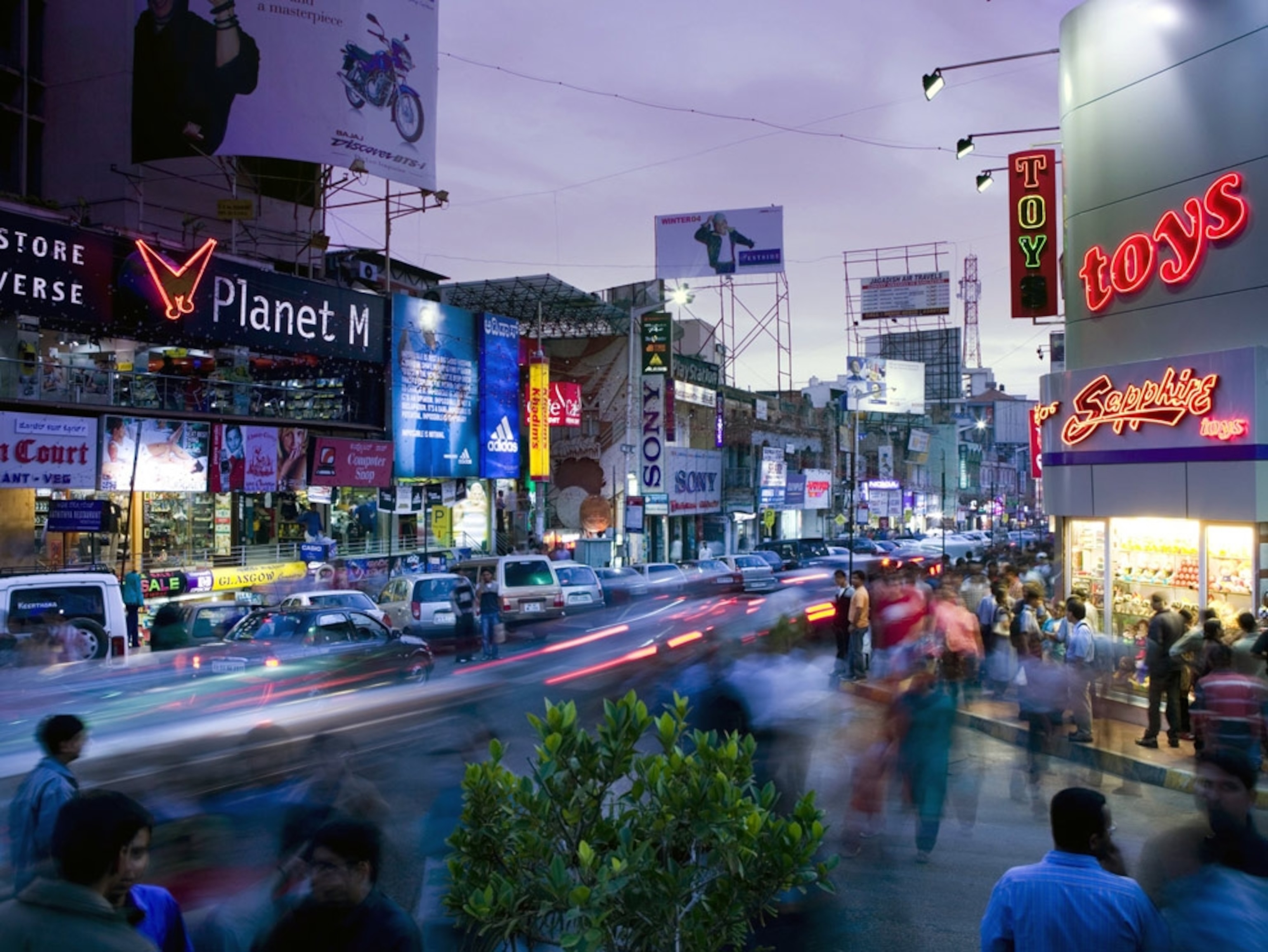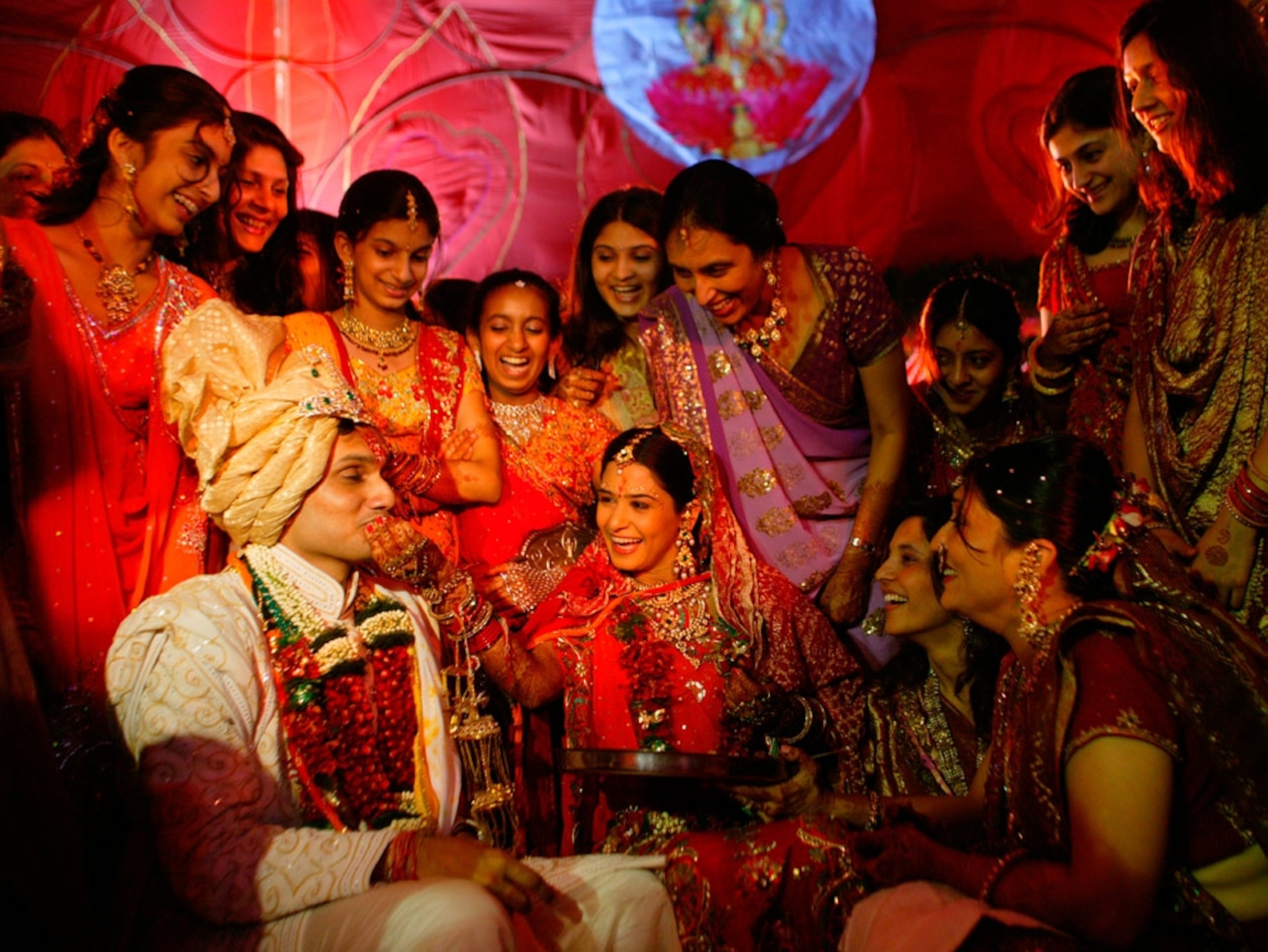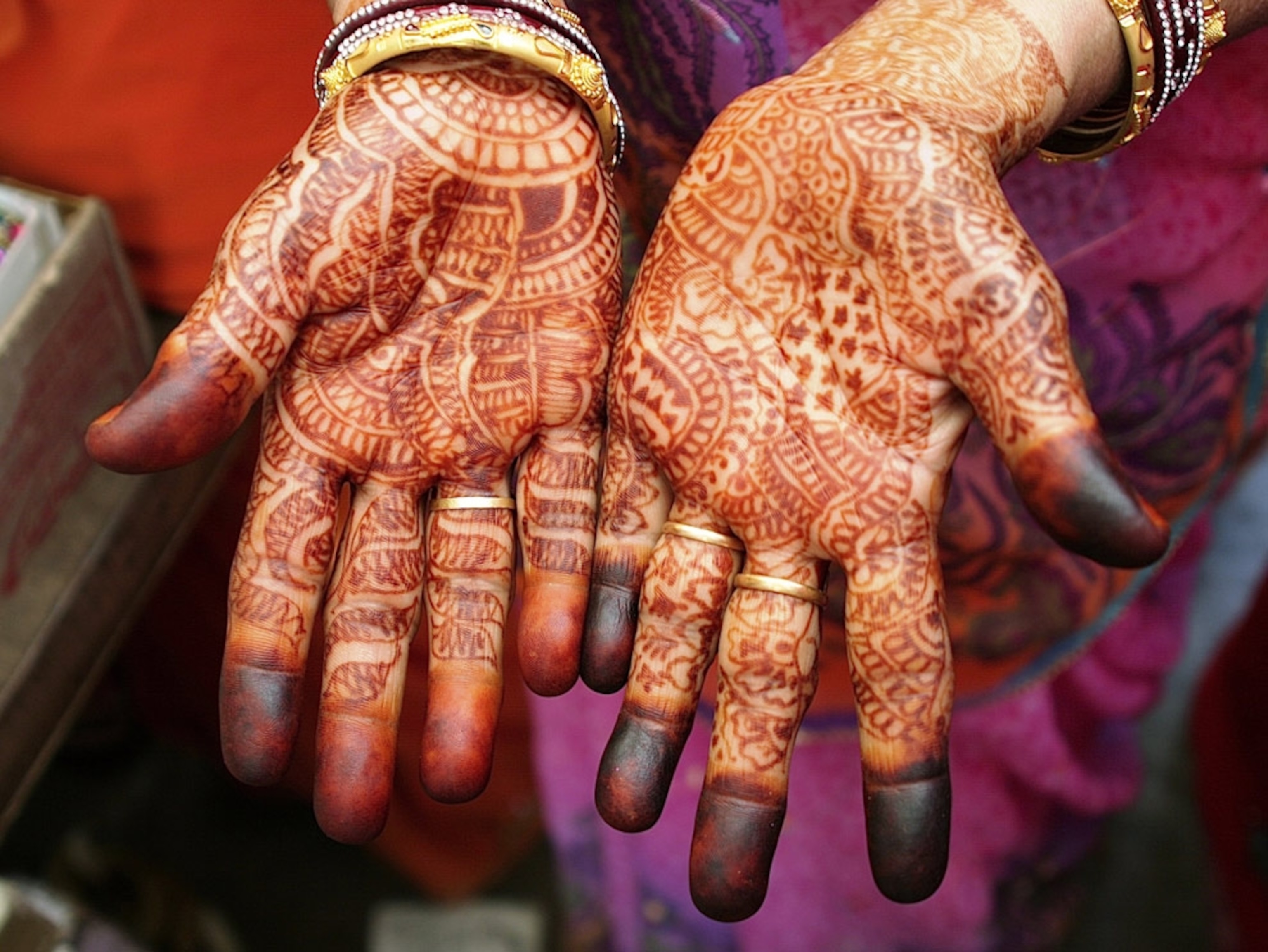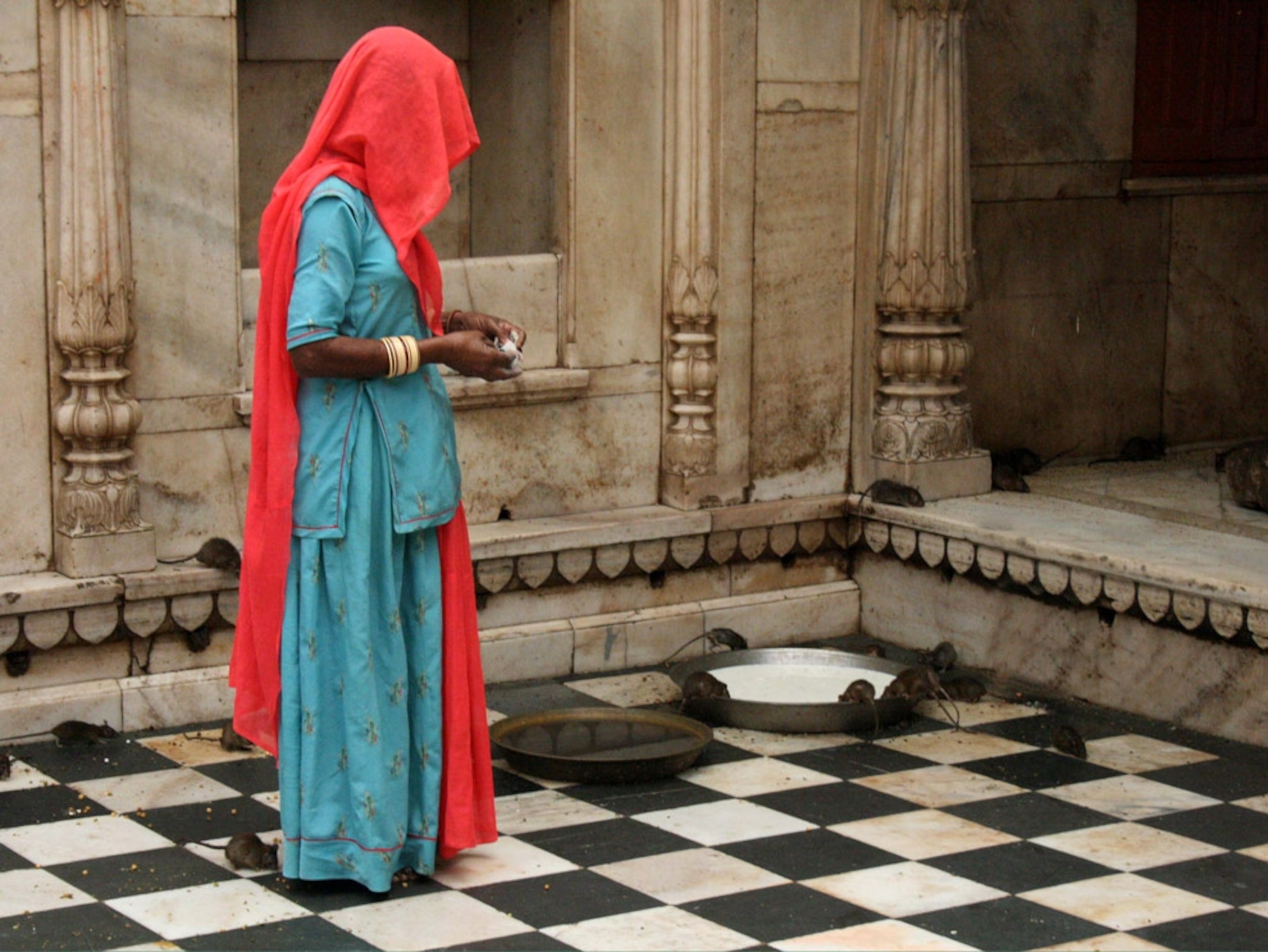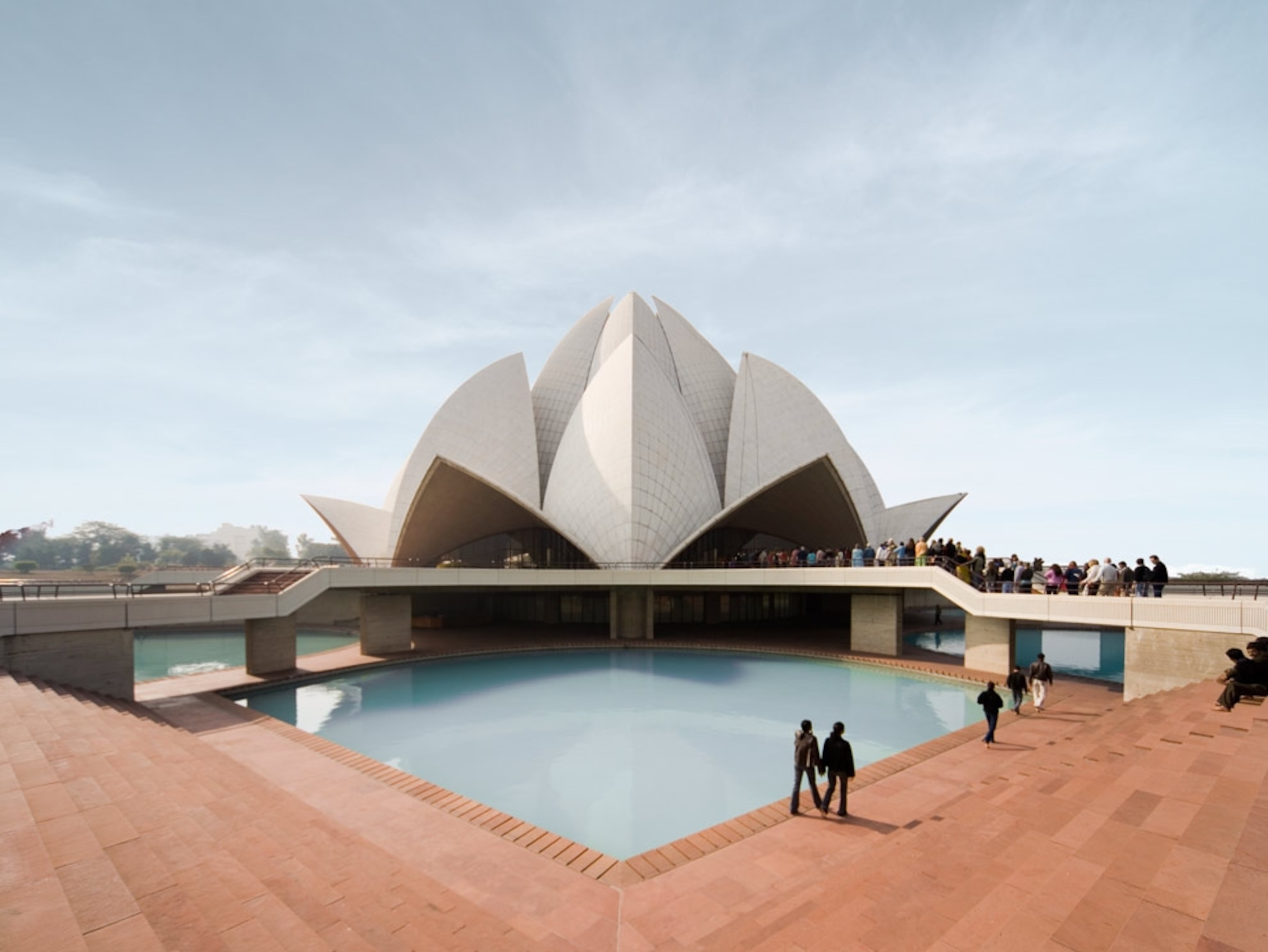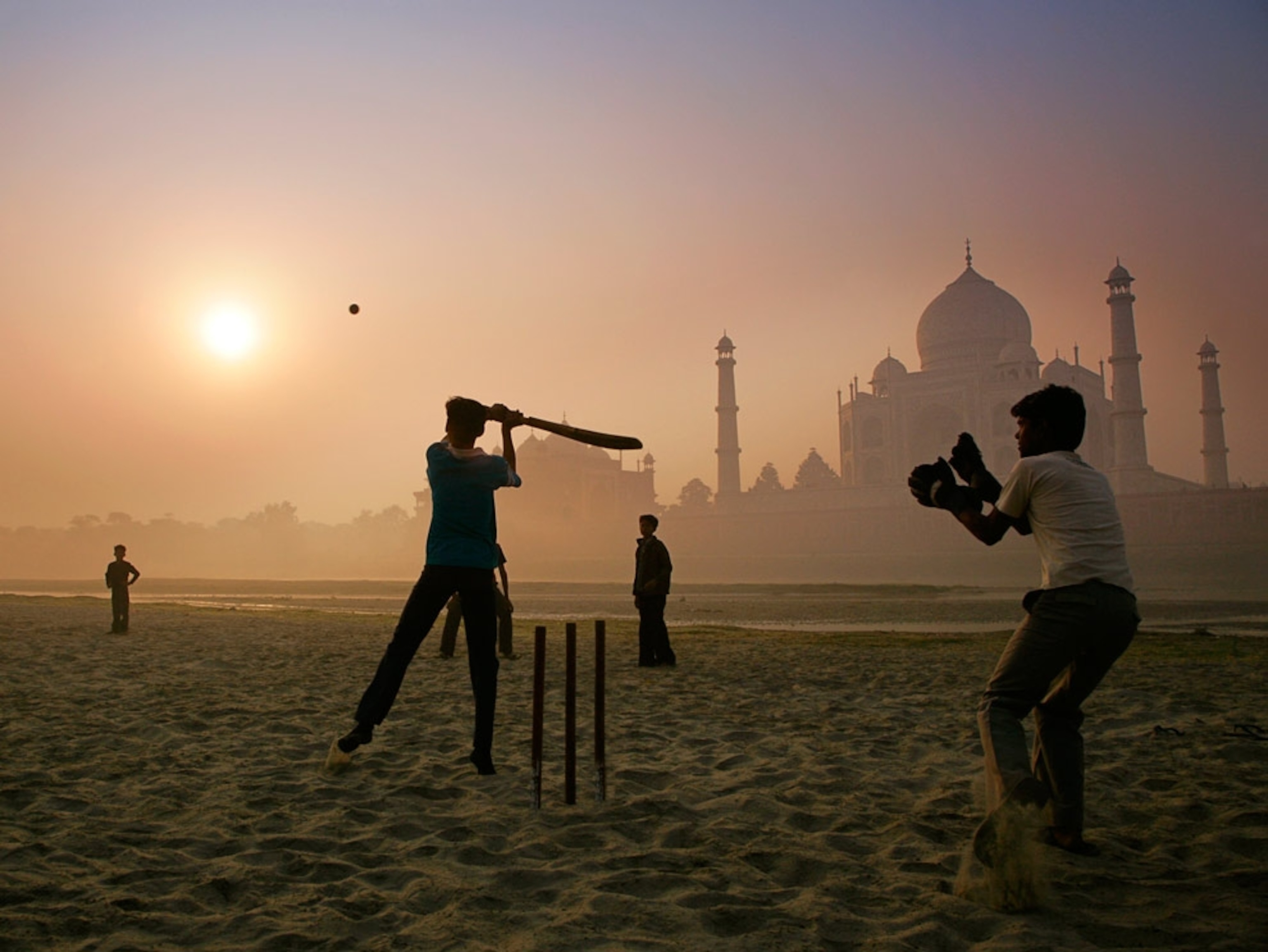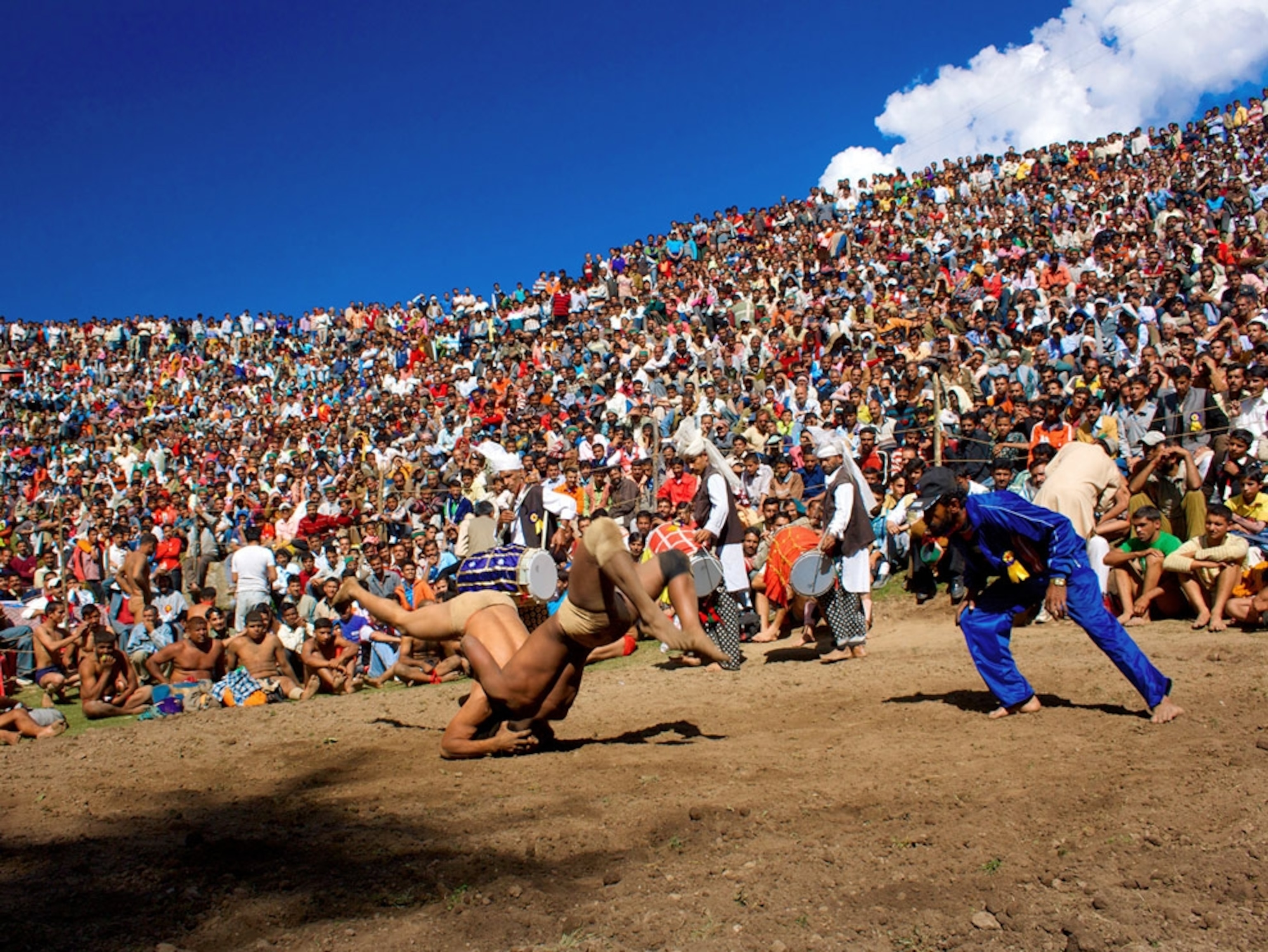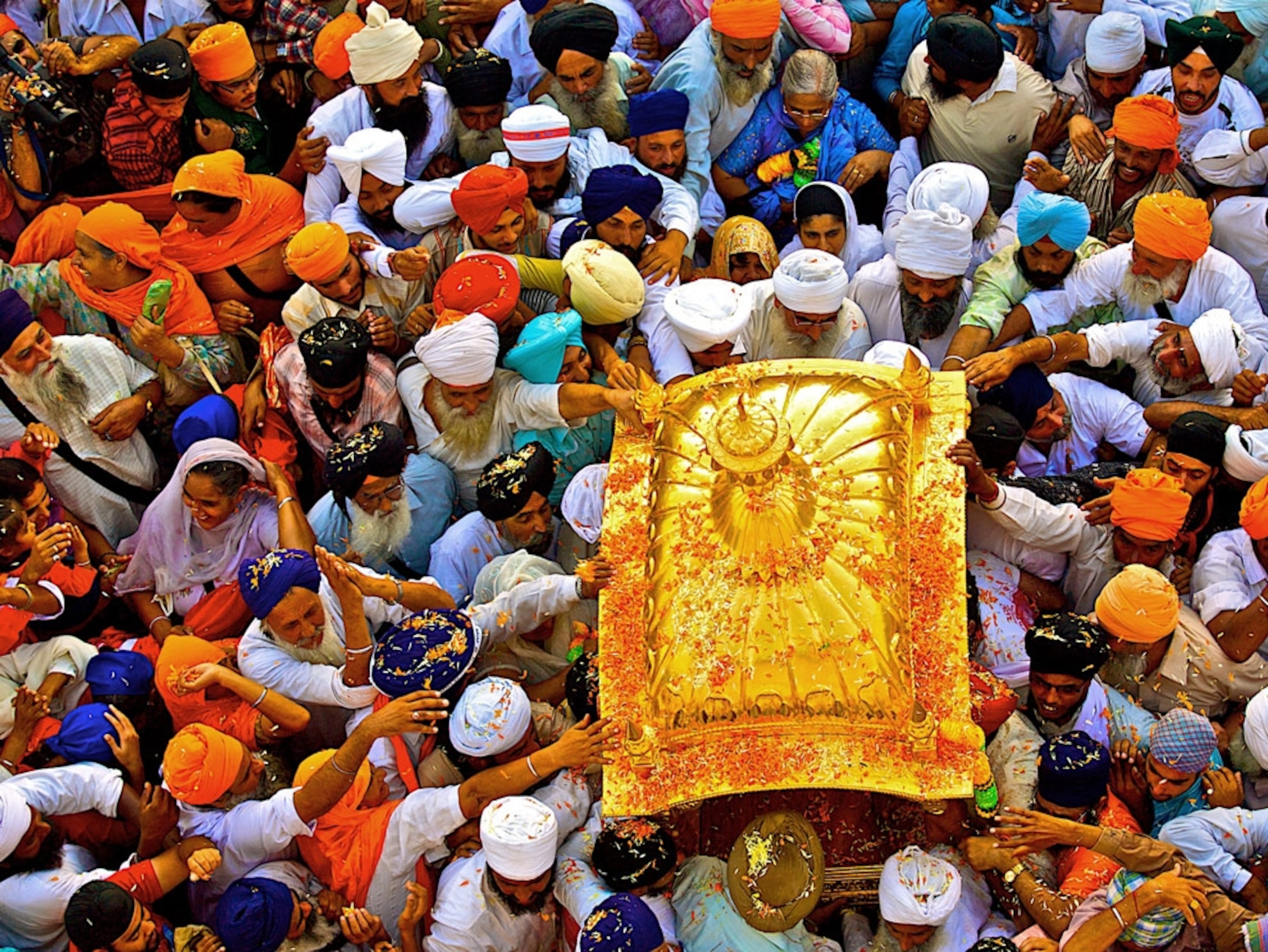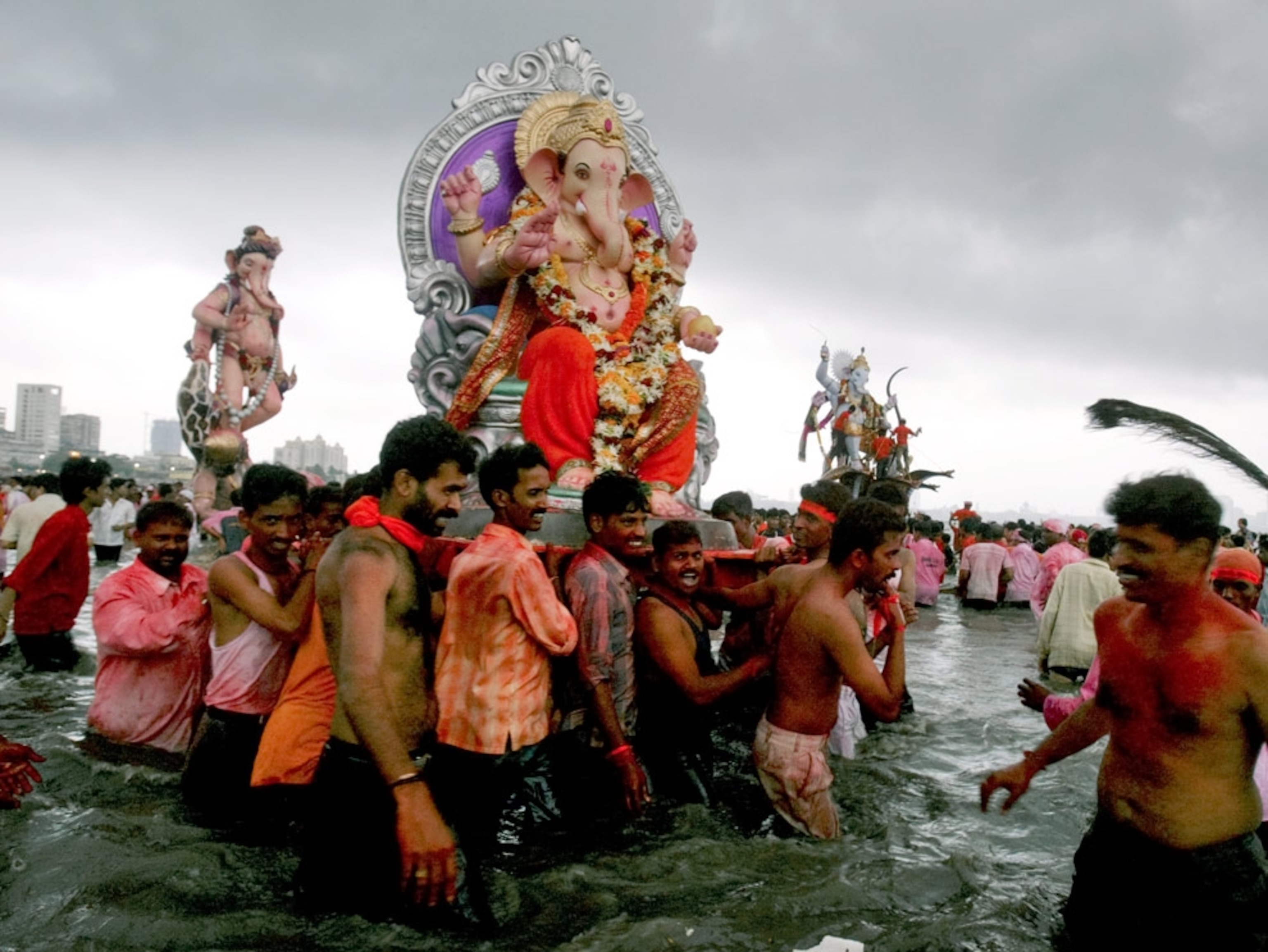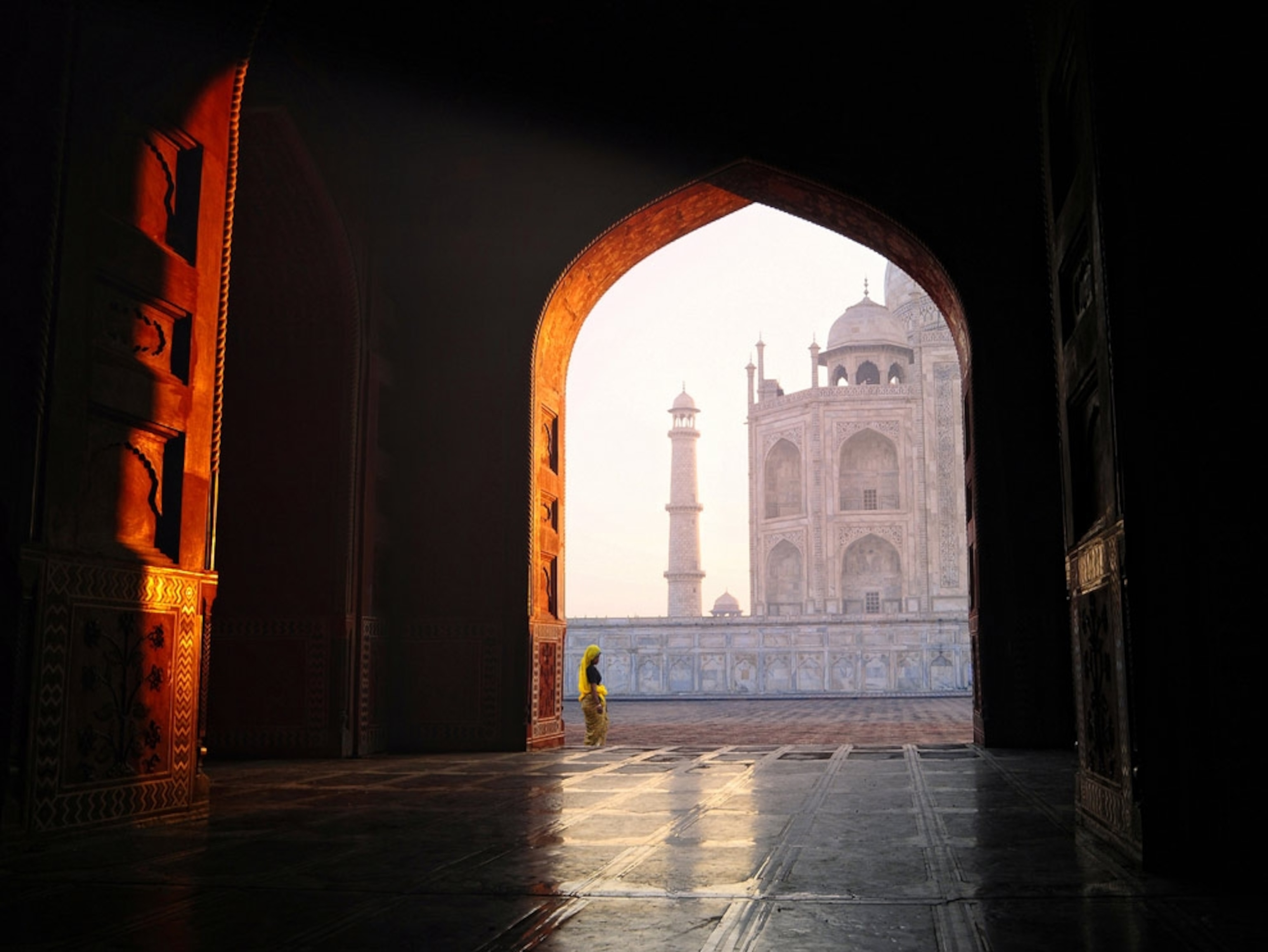4 Life-Changing Food Experiences in India
Don't miss these unique opportunities to learn more about the subcontinent's history and culture over a meal.
Understanding food in India can be complex. Even after a dozen trips, travelers will still be scratching at the surface of the subcontinent’s cuisines. Lucky ones might also dodge the affectionately-nicknamed 'Delhi belly' (but no guarantees). These four tasty experiences will leave anyone salivating for more, while providing insight into the country’s history and culture.
Connect With Locals in Amritsar
Communal kitchens, or langars, have been a core element of Sikhism since the religion was founded in the 15th century. Served in Sikh temples called gurudwaras to visitors of all races, religions, and economic statuses, the free meals embody equality.
Visit Harmandir Sahib–commonly known as the Golden Temple–in Amritsar for the ultimate langar experience. Despite the heavy crowds, the atmosphere is tranquil and echoes with melodious hymns. Start your visit by paying homage to the sacred Sikh scriptures kept in a lavish, gold-plated dome surrounded by water.
In the two kitchens, visitors are seated on the floor in rows and served by an assembly line of volunteers carrying large buckets of food. The vegetarian, organic meals–roti, lentil curry, vegetables, and a rice pudding–are prepared onsite and feed more than 100,000 visitors daily.
When to Go: February through early March. The Golden Temple langar is served 24-hours, 7 days a week.
Related Photos: Incredible India
Sip Tea in Assam
No matter where in India you are, a day is incomplete without at least one cup of chai. While Darjeeling tea may be one of the most sought-after varieties, venture to the slow-paced northeastern state of Assam for a bolder, malty flavor.
Assam is primarily made up of large plains interrupted by low hills. The indigenous tea is grown at or near sea levels. Tea estates are scattered throughout Assam, one of the world’s largest tea producers, but ones near Guwahati are easier to access. Unplug for a day or even a week at a heritage bungalow such as Wild Mahseer, surrounded by an endless stretch of greenery. Listen to stories about family plantations and see the tea-making process while sipping your own steaming cup of the amber colored drink. Pair your visit with a rhino safari at Kaziranga National Park, about two hours south.
When to Go: Mid-May to end of June. Avoid the monsoon season from July to September.
Dine Like Royalty in Jaipur
Rajasthan’s capital flaunts its royalty with personalized dining experiences that take you back to the era of maharajas, or kings. Chokhi Dhani, a mock village located on a highway outside the bustling city center, showcases both royal and traditional village life. Here you can choose from four dining experiences that include an open-air hall and live folk dances. You can also watch puppet and acrobat shows, buy from local artisans, and test your skills at traditional games.
At Virasat, your hospitality begins at the door with a coronation. The restaurant recreates the centuries-old regal experience of eating on low tables while listening to live classical music. The dozen-plus items in your large silver or gold thali will likely include the sweet and savory dal baati churma, consisting of spicy lentil curry eaten with deep-fried bread rolls and ground wheat cooked with sugar and clarified butter.
When to Go: October and March, when temperatures are typically most comfortable.
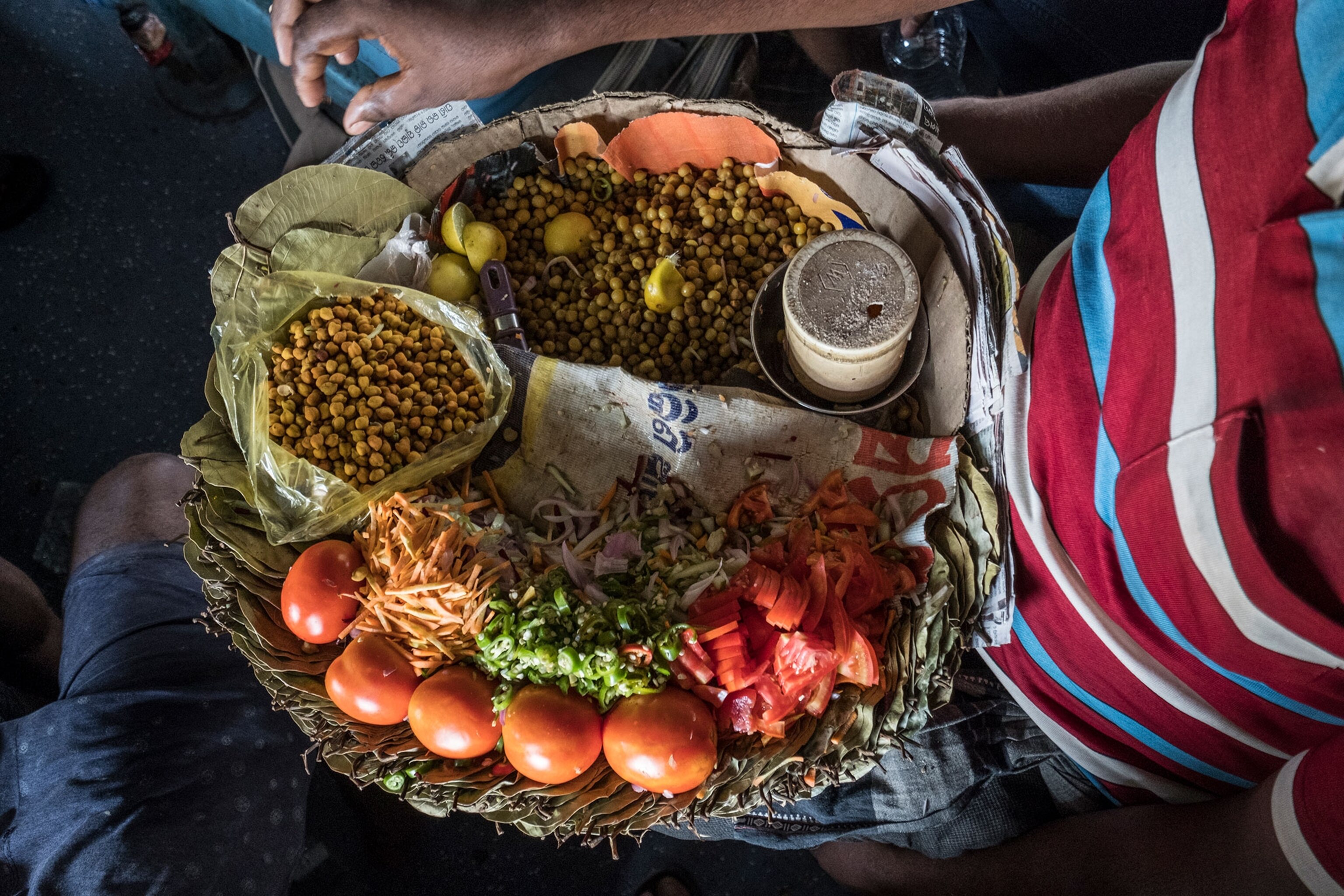
Celebrate Food in Bengaluru
Karnataka’s capital city is often characterized as the Silicon Valley of India. But a visit during the annual Ganesh Utsav celebration sheds light on the cultural side of this developed and progressive city. This 11-day cultural festival marks the birthday of the elephant-headed Hindu god Ganesh and draws thousands of locals.
Streets are lively with traditional dance, theatre, and celebrity singer performances held on temporary stages. Brightly painted Ganesh idols made of clay abound every market. The festival’s food options are overwhelming, with stalls representing six regions throughout Karnataka. Be ready to nudge your way through the crowds for a taste of south India’s signature savory crepes called dosai, fried snacks served with coconut chutney, sweet dumplings made with jaggery, and vegetable broths spiked with tamarind.
When to Go: This festival takes place in late August or September. Temperatures are pleasant but be prepared for rain.
Writer Monika Sharda is a former staffer of National Geographic Travel and frequently visits India. Follow her travels on Twitter.

